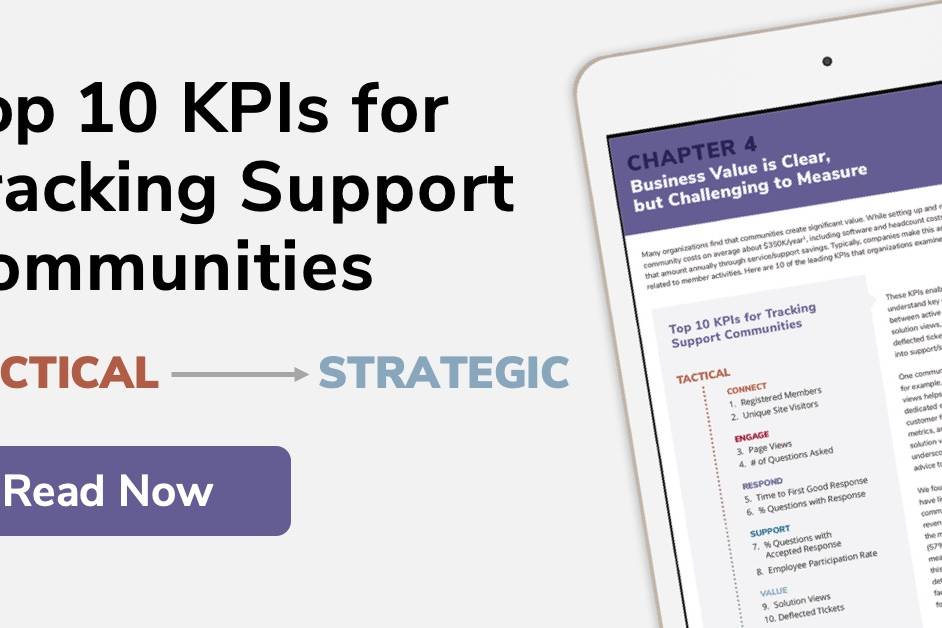Warning: Attempt to read property "base" on array in /home3/trusten9/public_html/leadernetworks/wp-content/plugins/wp-user-profile-avatar/shortcodes/wp-user-profile-avatar-shortcodes.php on line 665
Warning: Attempt to read property "base" on array in /home3/trusten9/public_html/leadernetworks/wp-content/plugins/wp-user-profile-avatar/shortcodes/wp-user-profile-avatar-shortcodes.php on line 665
Warning: Attempt to read property "base" on array in /home3/trusten9/public_html/leadernetworks/wp-content/plugins/wp-user-profile-avatar/shortcodes/wp-user-profile-avatar-shortcodes.php on line 665
Warning: Attempt to read property "base" on array in /home3/trusten9/public_html/leadernetworks/wp-content/plugins/wp-user-profile-avatar/shortcodes/wp-user-profile-avatar-shortcodes.php on line 665



Great post! It’s good to know not only what makes a community successful, but what will also kill it before it even gets out of the gate.
Loved the post. About your first first point: How early would you say that a Beta Group should be interacting? Prototype phase?
Ang, thanks for your comment! Glad the article was useful.
Miguel,
I recommend having a beta group involved at at a few stages – first when determining which features and how the features should behave. Sure, most communities will have a member directory – but what information do they need to know about each other to make the connections fruitful and enticing? So, deep interviews with prospective members about the ways the currently collaborate and about what is missing from their in person collaboration and work practices is the first step. Second, a paper walk through or camtasia based usability test with a smaller set of highly engaged beta members to is beneficial to the community. It surfaces any large issues quickly and engages the users in co-creation process. And, third, after the community features have been defined – and before you “open” the community invite the larger beta group to populate the site and seed it with profiles, content and a few forum posts/discussions so when it is open to the whole group there is member driven activity there. I also recommend collecting or inspiring member driven articles, interviews, quickpoll questions etc. to keep a steady drumbeat of member focus on the community.
Great post. I will be hanging it up in my office as a constant reminder.
Great post. I think I will post it in my office as a reminder.
Thank you Erin, that is a high compliment and great idea.
Thanks for this great post, Vanessa! This applies to many community web-based sites as well.
Elegant and to the point. I might only add the converse of ‘tent cities, not edifices’. Chris Anderson’s Dandelion strategy – ala YouTube – applies. Aim for trying much, letting the members choose what to keep, course correction as you go is critical. Hello Vanessa!
One other problem that I’ve seen over the years, and all the fuss at Facebook recently just reminds us all over again, is that clear community guidelines need to be in place from the start. Then, if you want to change them, engage the community about what changes you’re considering and why. Not to mention what they might like to see in the new document. Of course, there may be some changes that just can’t be helped, but if you don’t explain why, you’ll hear the backlash.
Thanks Robin and Susan for your comments. Robin – you raise a really good point about the importance of defining the rules of engagement and clearly stating what the members can and shouldn’t expect from the community. Too often (especially lately) in efforts to monetize, communities switch from free to paid without warning or grandfathering in existing members to the free subscription – as an example. This alienates members and mismanages expectations for community involvement. Thanks for adding to the list and making it stronger!
Great post… On the mark and I know you have the empirical evidence to back each of the point.
[…] DiMauro veröffentlichte am 13. August 2009 eine wundervolle Liste mit Verboten für Communitymanager, die ich gern auf deutsch wiedergeben […]